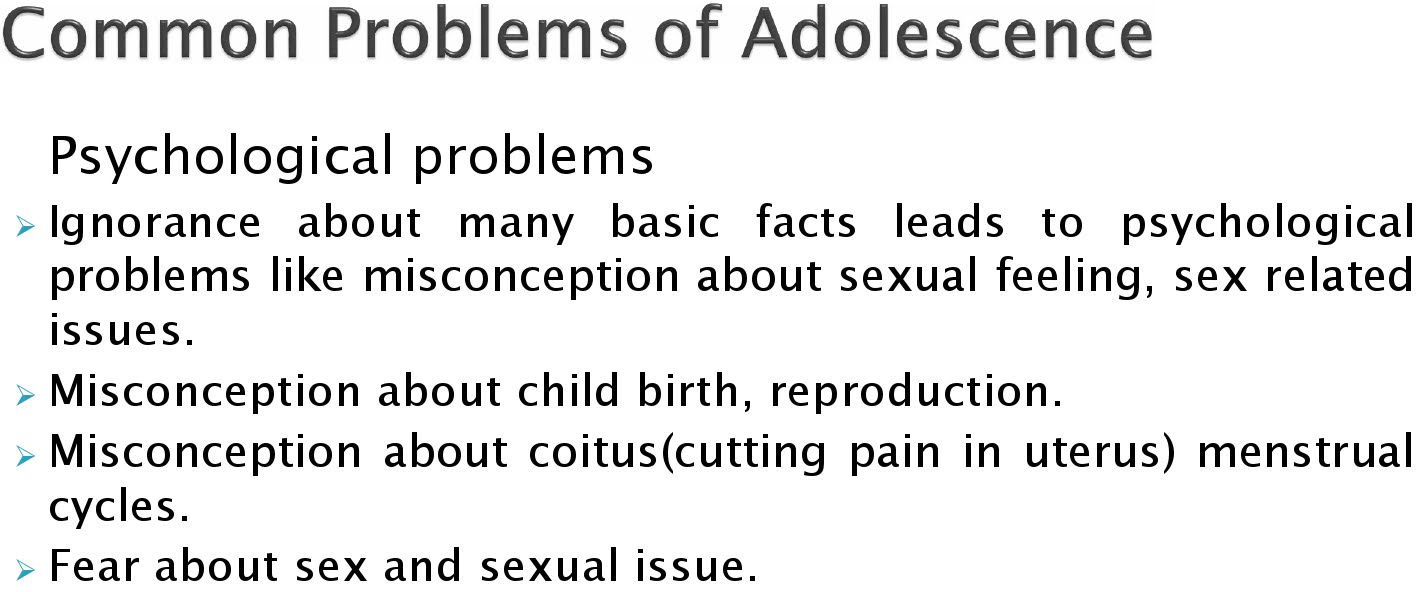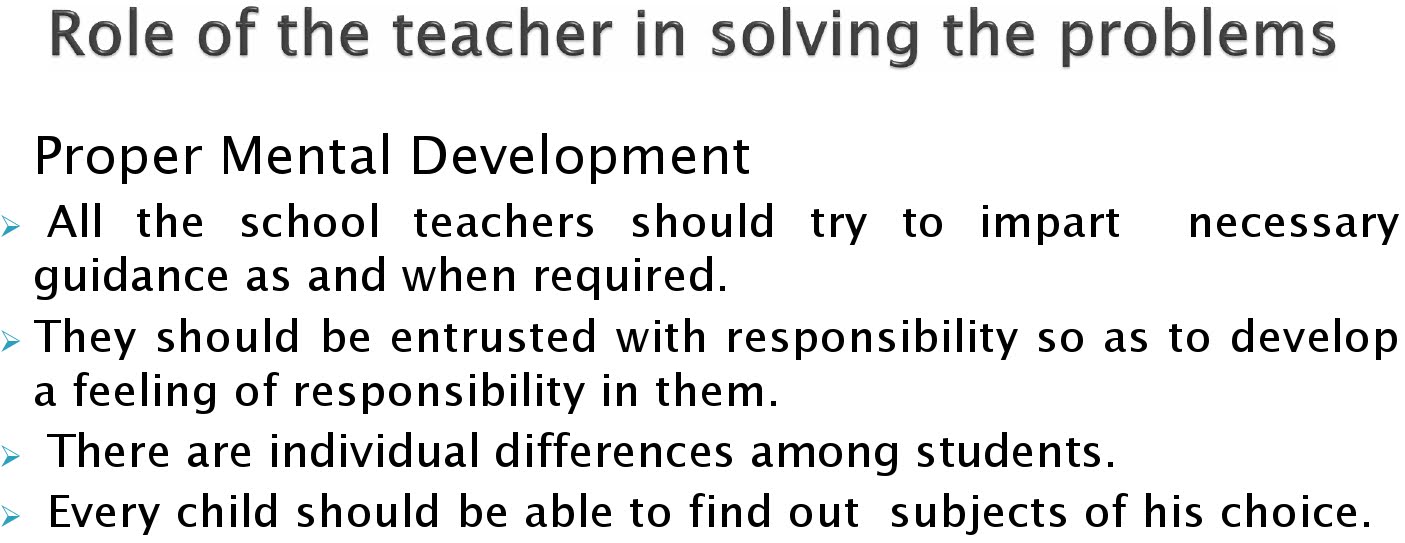Adolescence and Counseling
Adolescence
and Counseling: Understanding the Importance
Adolescence is a period of
significant psychological, physical and social development that occurs in an
individual's life. It marks the transition from childhood to adulthood and is
often associated with changes in behavior, mood, and personality. With these
changes come a range of challenges and difficulties, which can impact the
mental health and wellbeing of adolescents. To help young people navigate this
complex stage of life, counseling plays a crucial role. In this article, we
will explore the importance of counseling for adolescents and how it can help
them overcome various challenges.
Addresses Mental Health Concerns
Adolescence is a time when
young people are particularly susceptible to mental health problems such as
depression, anxiety, and stress. With increasing academic, social and personal
pressures, adolescents may struggle to cope with their emotions and may feel
overwhelmed. Counseling provides a safe and confidential space for adolescents
to express their feelings and thoughts, and to work through their mental health
concerns. By doing so, they can develop a better understanding of their
emotions, which can help to reduce their stress levels and improve their mental
health.
Promotes Emotional Intelligence
Emotional intelligence (EQ)
refers to the ability to recognize, understand and manage one's own emotions
and those of others. Adolescents are still developing their EQ, and counseling
can help them to identify and express their emotions in a healthy way. This can
help them to form stronger relationships, communicate effectively, and resolve
conflicts more easily. Through counseling, adolescents can develop their EQ and
become more resilient to the challenges they may face in life.
Enhances Social Skills
Adolescents often struggle
to make and maintain meaningful social relationships. This can be due to a lack
of social skills, poor self-esteem, or a range of other reasons. Counseling
provides an opportunity for adolescents to explore and develop their social
skills, and to gain a better understanding of how they interact with others.
This can help them to form more positive relationships, reduce their levels of
social anxiety, and increase their sense of belonging.
Supports Personal Development
Counseling can also support
the personal development of adolescents by helping them to identify and work
through their challenges and limitations. Adolescents can develop greater
self-awareness, increase their confidence, and gain a better understanding of
their strengths and weaknesses. This can lead to improved self-esteem and a
greater sense of purpose in life.
Addresses Problematic Behaviors
Adolescents may engage in
problematic behaviors, such as substance abuse or other forms of self-harm,
which can have a negative impact on their physical and mental health.
Counseling provides a supportive and non-judgmental environment where
adolescents can talk about their behaviors, explore the reasons behind them,
and work on ways to overcome them.
Prepares Adolescents for Adulthood
Adolescence is a time of
transition and preparation for adulthood. Counseling can help adolescents to
develop the skills and confidence they need to navigate the challenges of
adulthood, such as finding a career, forming healthy relationships, and
managing their finances. By providing a supportive and nurturing environment,
counseling can help adolescents to grow into well-rounded and confident adults.
In conclusion, counseling
plays a crucial role in supporting the mental health and wellbeing of
adolescents. By addressing mental health concerns, promoting emotional
intelligence, enhancing social skills, supporting personal development,
addressing problematic behaviors and preparing adolescents for adulthood,
counseling can help young people to navigate the challenges of adolescence and
become successful and resilient adults.

























